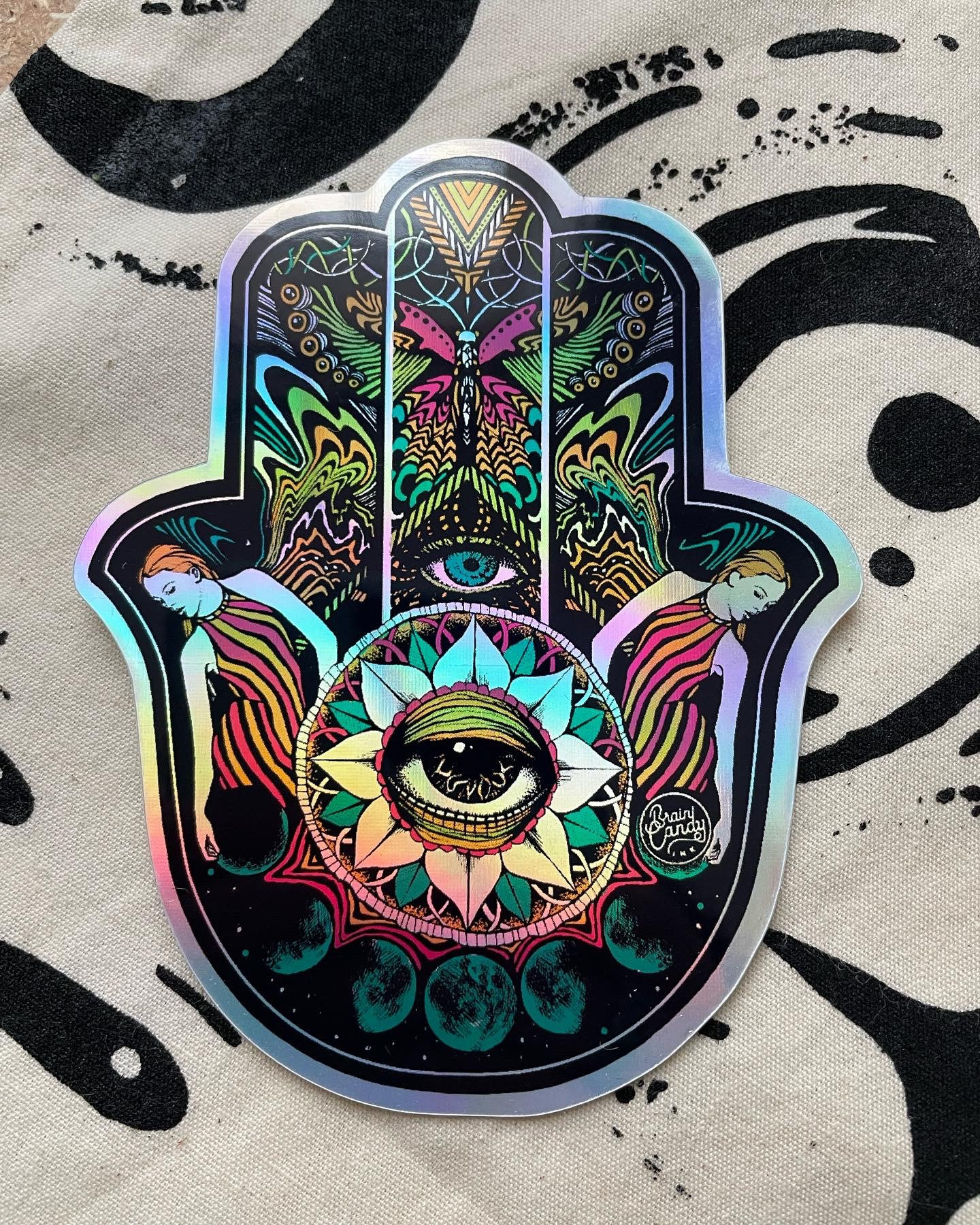1. TRUST YOUR INSTINCT
Have you been feeling uneasy about the situation? Perhaps sensing that something isn’t quite right? Are you questioning the timing or the behaviour of your guide, feeling uncomfortable with the interactions? Maybe you’re hesitating about venturing into the jungle alone or feeling pressured into unfamiliar territory. If your guide lacks understanding of the medicine’s effects on your body or shows little concern for your medical history, or if you simply have a gut feeling of unease without a clear reason, these are all warning signs that you may be at risk.
When delving into the realm of psychedelics, you find yourself in a particularly vulnerable position. It’s crucial to seek out a guide you have faith in. Avoid placing guides or shamans on a pedestal; elevating them in such a way can disconnect you from your intuition. Remember, guides are not divine beings with supernatural abilities – they are ordinary individuals trained in conducting ceremonies. They, too, are susceptible to human flaws, including tendencies towards greed, manipulation, and exploitation.
Resist the temptation to surrender all your power to the mystical and transcendental. Stay grounded and rational; our minds often do a great job of ensuring our safety. Value your ability to make sound judgments. Trust yourself and approach the psychedelic experience with caution and discernment to remain safe.
2. WATCH OUT FOR SPIRITUAL BYPASSING
Spiritual bypassing is a term to describe the tendency within spiritual communities to rise above the difficulty of unresolved personal problems or emotions. Rather than using spiritual philosophy as a method of integrating human experience, it is used to transcend (or avoid) problems.
Spiritual bypassing is pervasive within the spiritual and psychedelic communities.
Statements like “everything happens for a reason” or “it is all as it is meant to be” are common in spiritual bypassing. When directed at individuals who have faced abuse or trauma, these statements can invalidate their experiences or encourage them to repress their healthy emotional response, stunting them in their healing journey.
While transcending emotions can provide temporary relief, it does not equate to genuine healing. Similar to using substances to numb emotional pain, spiritual bypassing serves as a coping mechanism to evade facing reality.
So you may come across a guide who tells you to “let go of control” when you ask about what a substance will do to your body. This may be more indicative of a lack of knowledge, than it is in relation to your own healing. Maybe a guide informs you “there’s no such thing as a bad trip”. That is really for you to decide.
Although often stemming from good intentions, these actions can potentially be manipulative and exploitative, leading individuals away from authentic healing and towards a dissociative process instead.
Individuals who are in a dissociated, spiritually bypassed process are often key targets for abusive and predatory people.
3. THE DIFFERENCE BETWEEN A POISON AND A MEDICINE IS LARGELY RELATED TO DOSE
Many guides are administering enormous doses of psychedelics, for fear that their customers will complain about not having an intense enough experience.
For newcomers, excessively high doses can trigger terrifying and traumatising experiences. It’s essential to initiate discussions on dosages and start with conservative amounts if appropriate.
Given the unique responses individuals have to psychedelics, it’s crucial to prioritise safety. A harrowing encounter with these substances can deter future usage and even result in PTSD or mental health challenges. Overindulgence in psychedelics, whether in a single session or through frequent use, has the potential to cause serious harm.
Individuals with addictive tendencies may chase the euphoric highs of psychedelic experiences, neglecting the crucial phase of integration between sessions. This pattern mirrors traditional addictions, posing significant risks to mental well-being and interpersonal relationships.
Prioritising moderation and integration is key to harnessing the benefits of psychedelics responsibly.
4. THEY WON’T ALWAYS GIVE YOU THE ANSWERS
Sometimes working with psychedelics can make your life worse; they don’t always give you what you need.
Psychedelics essentially amplify non-specific existing aspects of a person’s psyche. If a person is already on a path of spiritual bypassing, this aspect can be intensified, potentially making them vulnerable to manipulation and abuse. Other common repercussions of psychedelic use may include grandiose behaviour and ego inflation, which can detrimentally impact personal relationships.
For some individuals, the experience with psychedelics can be distressing and overwhelming, resulting in conditions such as psychosis, PTSD, and severe mental health issues. While it is acknowledged that challenging experiences can hold significance when processed effectively, there are instances where individuals may require extensive psychiatric support.
To mitigate adverse reactions, it is helpful to engage in psychedelic work prudently and conscientiously.
5. INTEGRATE, INTEGRATE, INTEGRATE….
While psychedelics may catalyse a transformative process, they do not complete it for you. The psychedelic experience marks just one step in a broader process of personal growth. To maximise benefits, active participation and deep personal exploration are crucial.
Like alchemy, you need the hydrogen of the psychedelic experience plus the oxygen of the integration process to create the metaphorical life force of water. If the psychedelic experience represents giving birth to the new you, then the integration process is the work of parenting.
Put simply, integration is the work you do over a long period of time to manifest deep and sustained change from your psychedelic experience. It is not a panacea, quick fix or magic bullet that will fix all your problems overnight. Ultimately, it is your daily habits that will make the biggest difference in your life.
Your learnings from the psychedelic experience will dissipate very quickly without an integration process.
Seeking the guidance of a psychedelic integration therapist can greatly assist you in this journey. Just as a guide enhances the psychedelic experience, having support during the integration phase can help you heal, remain safe and achieve your goals.
PLEASE NOTE: This blog is intended for information only and does not substitute medical advice. I do not advocate the illegal use of substances.

